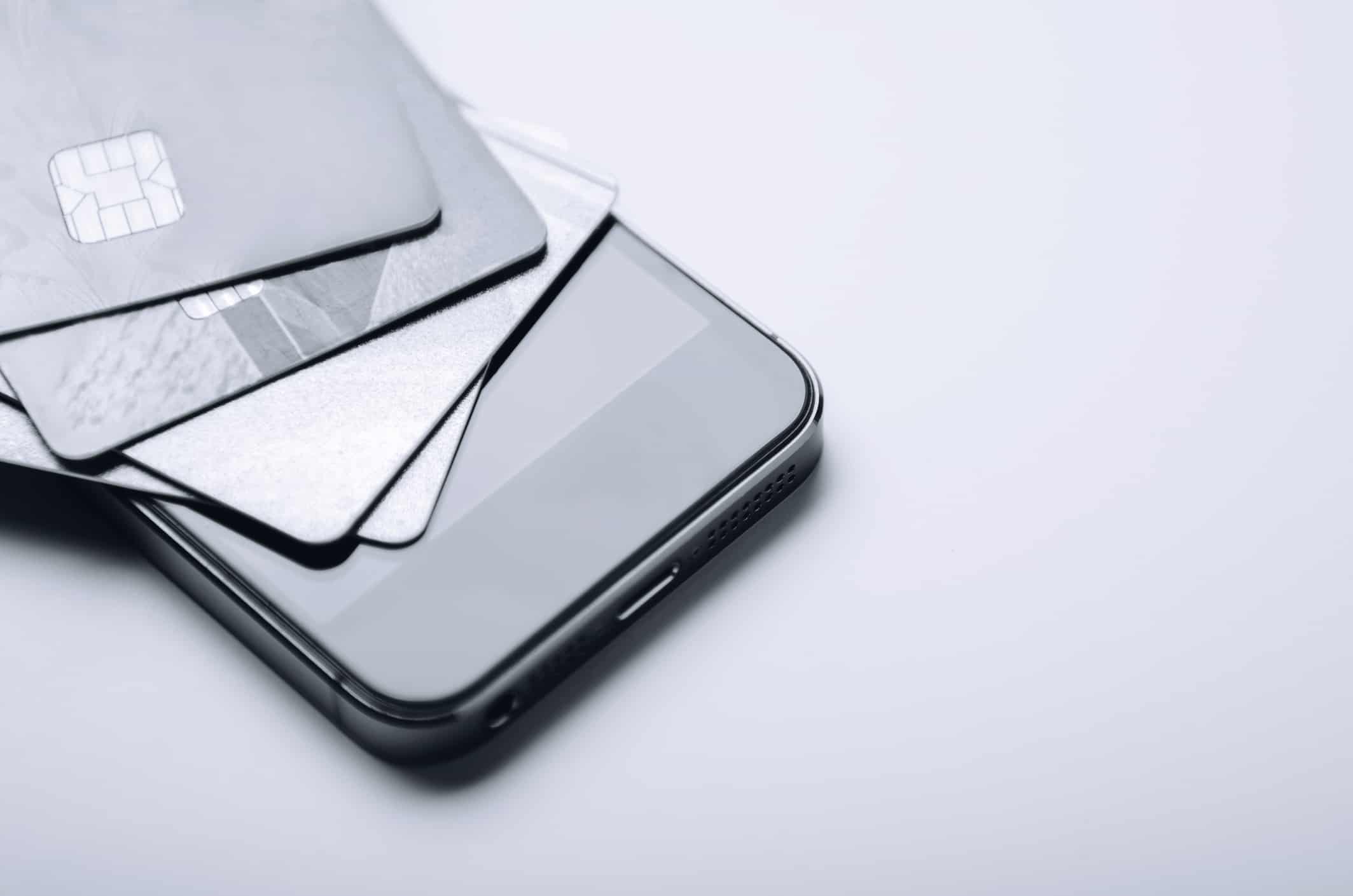Building your credit score takes time, dedication, and smart decisions. Tearing your credit score apart—well, you could do that in a jiffy.
Unfortunately, it doesn’t take much to knock your credit score from one credit standing to a lower one. A late payment here, a missed payment there and you could suddenly find your credit reputation suffering.
Lucky for you, the most credit-damaging moves aren’t exactly sneaky, and with a fair bit of foreknowledge, you can avoid them. For the sake of your credit score, here are five bad moves you definitely want to avoid.
1. Maxing out your cards
Using 100% of your card’s credit limits is never a smart idea. For one, you run the risk of charging more than you can eventually pay off, which can result in higher interest and late fees (if it comes to that). Second, you can severely damage your credit score.
Keep in mind that a huge chunk of your credit score is your credit utilization ratio (30% of your score), which is essentially how much of your available credit you use. For Canadians, a good credit utilization score is 30% or lower, though 10% is even better.
So, for instance, if you have $10,000 in available credit, you never want to take out more than $3,000. Exceeding $3,000 starts to put stress on your credit score. Go above $5,000 (or 50%), and you’ll really start to see a score reduction.
2. Missing a payment
To credit card companies, late payments are serious business. Making a payment long after its due date will have a major impact on the payment history component of your credit score, which is a whopping 35% of your overall score. What’s worse—a missed payment stays on your record for six years.
Fortunately, credit card companies will give you time to make a missed payment before reporting it to credit card bureaus. Usually, you have 30 days to make a payment once it’s deemed late, though some credit card companies could give you more time. Fail to make a payment between this grace period, and you could face a hefty credit card reduction.
3. Closing your oldest account
Hey, it happens. You got your first credit card in college, maybe one with a little cash back on it, but now your eyes are on bigger things. You see rewards cards with higher cashback offers, and you’re ready to close the college credit card and move on.
The only problem? Closing your oldest credit card account could have a negative impact on your score.
Yes. Credit history—that is, the age of your oldest account—forms 15% of your credit score, which means closing an old account would hurt your overall score. So, if you’re going to cut credit cards, cut newer accounts. You may not use your oldest credit card often. But its age is helping your score.
4. Too many credit card inquiries
Closing an old account can hurt your score, sure, but so can applying for too many credit cards in a short period of time.
When a lender sees you’re applying for credit cards or loans, it could be a sign you’re heading for hard financial times. You may need more available credit without having the funds or income to repay what you borrow. As a result, they’ll lower your credit score as a warning to lenders.
Now, applying for one or two credit cards won’t hurt your score that much. But applying for more than two in the span of a month or less will have a serious impact. You should also be wary of certain services, such as Buy Now Pay Later apps, that run a hard inquiry, as these can damage your score, too.
5. Filing for bankruptcy
The big whopper of the bunch, filing bankruptcy can easily shave a hundred so points off your score. While bankruptcy may seem inevitable, you should exhaust all other options—debt settlements, credit counseling, even negotiating with lenders—before going through with it.
Boost your credit score
Avoiding these credit score pitfalls will help you maintain a solid score. And if you’ve done one (or several) of these, don’t worry — your credit score won’t be damaged forever. Practice good credit card habits, such as paying bills on time, keeping a reasonable amount on your card, and limiting your credit inquiries, and over time you’ll boost your score again.


